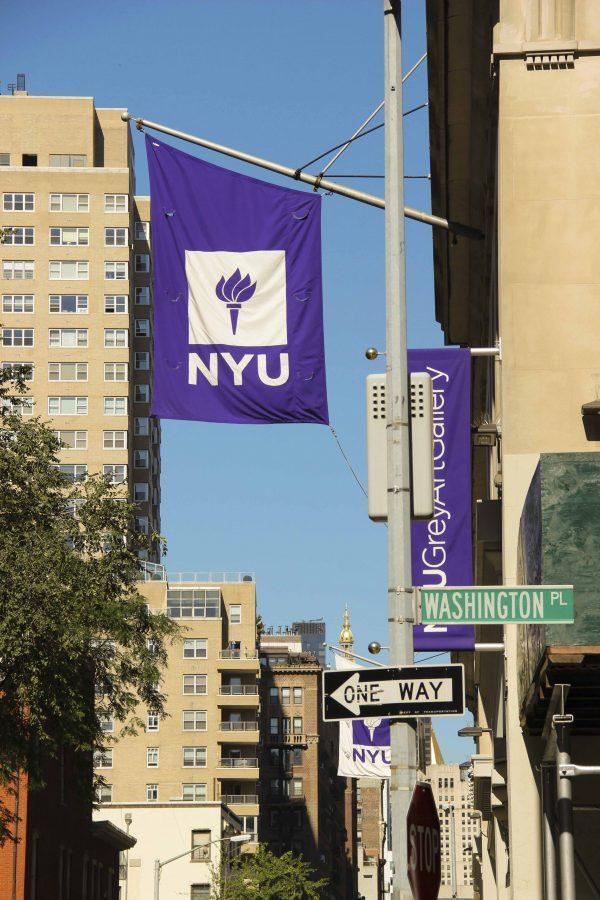NYU Department of History to Host “Energy and the Left” Workshop
The Department of History, Hagop Kevorkian Center for Near Eastern Studies and Department of Middle Eastern and Islamic Studies will host a “Energy and the Left” workshop on March 30. The workshop will focus on the relationship between the creation of energy infrastructure and its effect on the leftist struggle.
November 2, 2017
Applicants from around the world made finishing touches to their abstracts before sending them in for the Nov. 1 of the second installment of “Energy and the Left” — a workshop sponsored by the NYU Department of History, the Hagop Kevorkian Center for Near Eastern Studies and the Department of Middle Eastern and Islamic Studies.
The workshop, which is scheduled to take place on March 30, will focus on the relationship between the creation of energy infrastructure and its effect on the leftist struggle. International and interdisciplinary applicants were invited to submit applications about sociology, literature, anthropology and history of which a select few will be read and discussed at the workshop.
This year, there were 30 plus abstract applications submitted by full time faculty and PhD students, as well as normal people from the United Kingdom., Tunisia and Israel. There is a loose limit of 10 to 15 participants in the workshop for the sake of close dialogue for everyone’s work.
Zack Culyer, one of the organizers of the workshop, elaborated on the definitions of energy infrastructure and the leftist struggle, and how the two intersect.
“When looking at energy infrastructure, we’re referring to two types of history … the history of railroads, highways, that particular kind of history, has been written in a way that follows the decisions business make or tracks trans-technological change,” Culyer said. “The other kind of history is the history of labor — that’s where the struggle comes in, and those histories haven’t really been [part of the] dialogue.”
Culyer also said he’s hoping to create a dialogue including these two concepts in a constructive way.
“What we’re hoping to do is put those two kinds of history in dialogue in a productive way, and start thinking about what kinds of openings and opportunities there can be for groups like unions and activists to mobilize as the [United States] and the rest of the world starts transitioning away from fossil fuels,” Culyer said.
Culyer said the goal of this workshop is to foster teaching and research on energy infrastructure and the leftist struggle, but the workshop features more general topics not directly related to the focus as well
“I think that there is an imperative in combating the most catastrophic effects of climate change and I personally have a commitment in trying to figure out ways that could happen that are socially equitable,” Culyer said. “That being said, if somebody applied to this conference and they didn’t have a project that was not specifically on leftist organizations or dealt with energy that didn’t have to do with climate change, they would be welcome to apply.”
For example, Culyer’s own project focused on the history of Saudi Aramco — the oil company owned by the government of Saudi Arabia — and the union, which didn’t call itself leftist, that worked at their facilities in Lebanon during the 1950s through the ‘70s.
Culyer said that he thinks the workshop is open-ended and is expecting a wide variety of scholarly work.
“It’s exciting,” Culyer said. “It’s going to be hard to decide who can take part in the workshop.”
Email Alesha Bradford at [email protected].
























































































































































